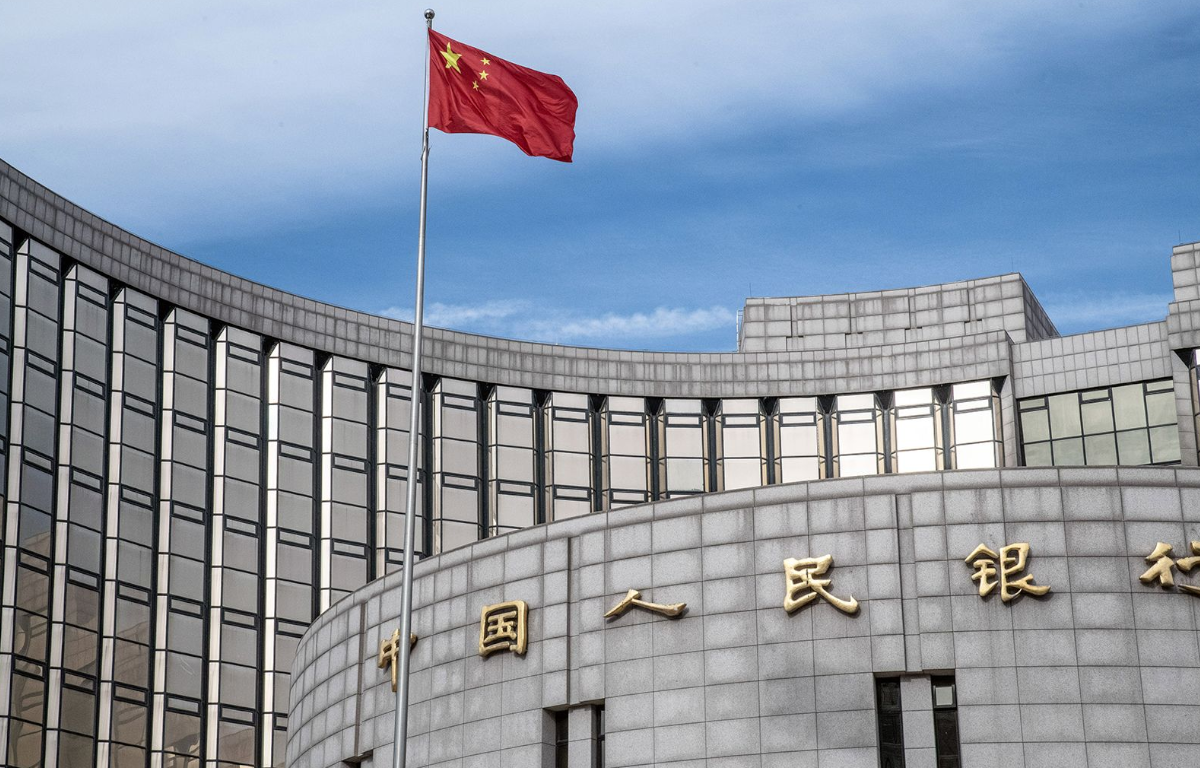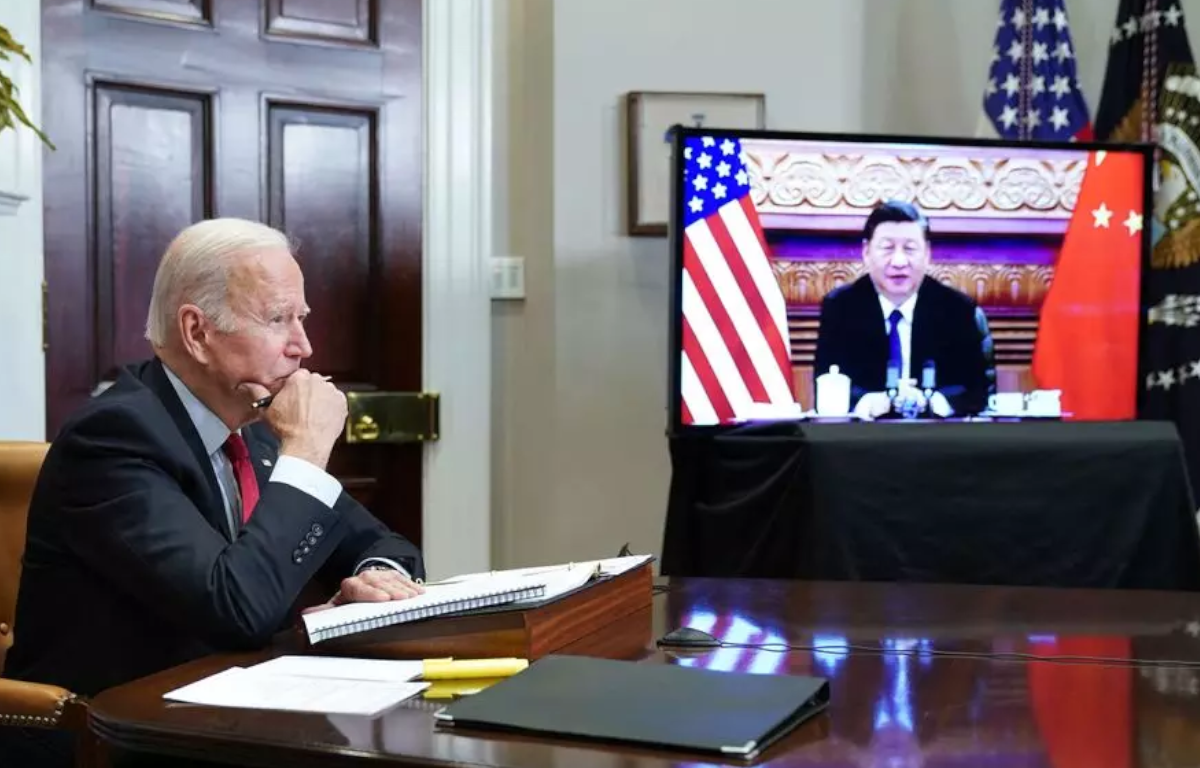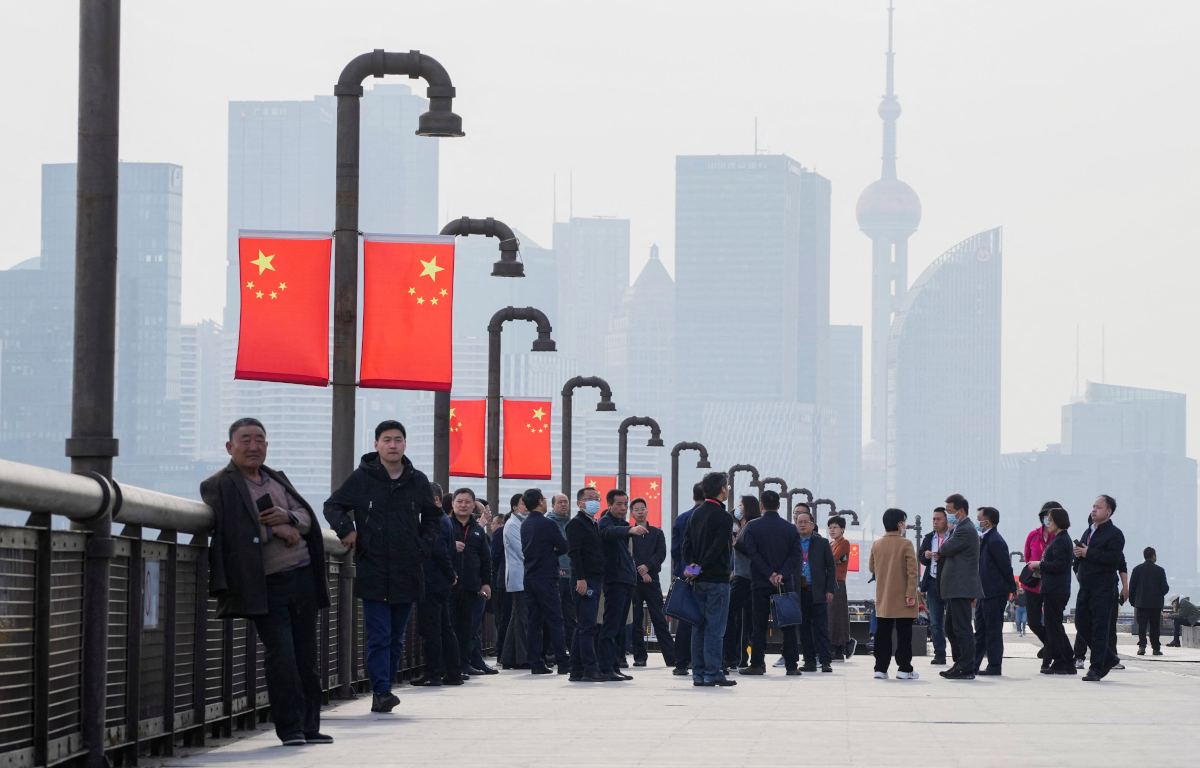
China’s descent into deflation is the result of multiple factors. Slowing economic growth, driven by a shift from exports to domestic consumption, has played a significant role. Weaker demand, both domestically and internationally, coupled with overcapacity in certain sectors, has put downward pressure on prices. Additionally, trade tensions with major economies, such as the United States, have further intensified deflationary risks, disrupting global supply chains and reducing demand for Chinese goods.
Given the potential consequences of deflation, Chinese policymakers face the pressing task of implementing effective stimulus measures. These measures aim to counteract the downward trend and revitalize economic activity. Urgent actions are required to prevent a deflationary spiral. Policy options include accommodative monetary measures, such as lowering interest rates and injecting liquidity into the financial system. Fiscal stimulus through increased public spending, particularly in infrastructure and key sectors, can also boost domestic demand.
Structural reforms are crucial to tackling overcapacity and reversing deflationary pressures. Encouraging consolidation, promoting innovation, and reallocating resources to more productive industries can restore balance and competitiveness. Supporting small and medium enterprises (SMEs), the backbone of China’s economy, is essential. Measures such as financial support, tax incentives, and improved access to credit can revitalize economic growth and mitigate deflationary risks.
International collaboration is vital to reducing trade barriers and resolving trade disputes. By cooperating with other nations, China can create a more stable global market environment. This cooperation would stimulate economic growth, mitigate the risk of deflation, and foster a favorable atmosphere for sustainable development.
The threat of deflation looms over China’s economy, necessitating urgent action from policymakers. Through a combination of monetary, fiscal, and structural policies, China can reverse the downward slide, restore confidence, and stimulate demand. Moreover, international cooperation in resolving trade disputes and reducing barriers will help establish stability in global markets. By addressing the challenges of deflation head-on, China can pave the way for sustained economic growth and resilience in the future.










Share this: